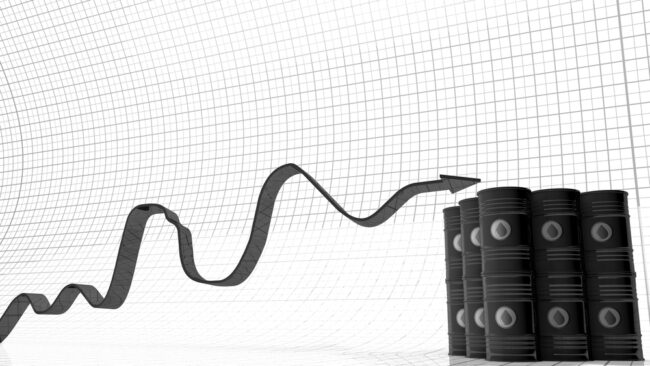As Jean-Marie Chevalier stresses in this issue, it is currently quite tricky to pronounce on how energy prices will move over time or to predict how energy production systems will change. Further support for that view comes from this article by Rodolphe Greggio and Benoît Mafféï. They have looked into the way long-term energy forecasts are made and their conclusion is that, as things stand, they are doomed to fail.
The main underlying reason for this is the difficulty of making reliable predictions about how energy demand will evolve, since it is the product of exogenous developments that are unknowable in the long term (demographic growth, economic growth, productivity, energy efficiency etc.). A number of forecasting errors with regard to technological breaks have also played a role: a “golden age” for natural gas was forecast too early; the date of “peak oil” has shifted around wildly; a peak with regard to ore deposits has not had the impact originally anticipated; and the decline of nuclear power has turned out to require qualification. Ultimately, all this is the product of various political and geopolitical factors linked to the respective energy assets of the different countries and their strategies for achieving energy independence: e.g. the USA and shale gas, France and nuclear power, Germany and renewables. Quite clearly, the current context suggests that a gradual transition from carbon-based to renewable energies is the order of the day, but it is far from easy to predict on precisely what timescale, in what proportions and on what geographical scale this might occur.
